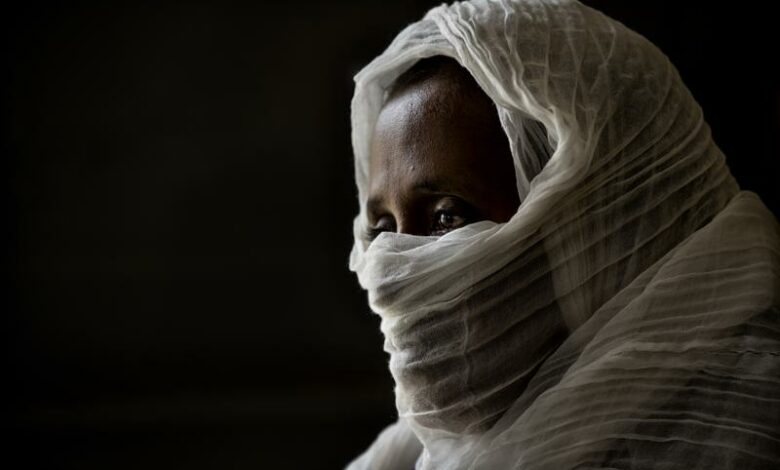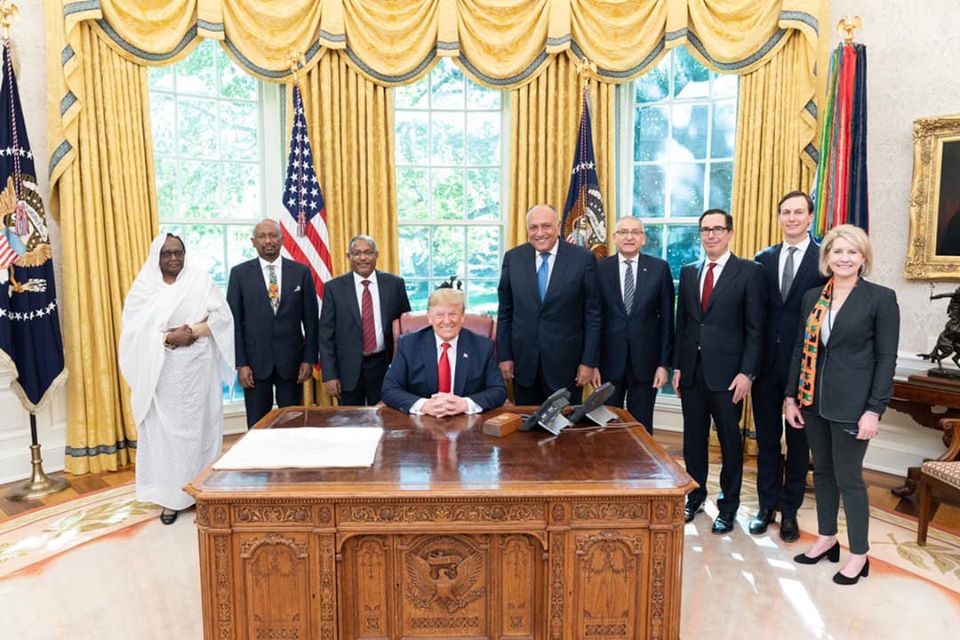
NAIROBI, Kenya (AP) — Dozens of women have described shocking sexual assaults by Ethiopian soldiers and allied forces in the country’s Tigray conflict, says an Amnesty International report published Wednesday, and its researcher calls it striking how the perpetrators appeared to act without fear of punishment from their commanders.
“All of these forces from the very beginning, everywhere, and for a long period of time felt it was perfectly OK with them to perpetrate these crimes because they clearly felt they could do so with impunity, nothing holding them back,” Donatella Rovera told The Associated Press.
She would not speculate on whether any leader gave the signal to rape, which the report says was intended to humiliate both the women and their Tigrayan ethnic group. In her years of work investigating atrocities around the world, these are some of the worst, Rovera said.
More than 1,200 cases of sexual violence were documented by health centers in Tigray between February and April alone, Amnesty said. No one knows the real toll during the nine-month conflict, as most of the health facilities across the region of six million people were looted or destroyed.
These numbers are likely a “small fraction” of the reality, Amnesty said. It interviewed 63 women, along with health workers.
A dozen women described being held for days or weeks while being raped multiple times, usually by several men. And 12 other women said they were raped in front of family members. Five women said they were pregnant at the time they were assaulted. Two said they had nails, gravel and shrapnel shoved into their vaginas.
“I don’t know if they realized I was a person,” one woman told Amnesty, describing how she was attacked in her home by three men. She was four months pregnant at the time.
The AP separately has spoken with women who described being gang-raped by combatants allied with the Ethiopian military, notably soldiers from neighboring Eritrea but also fighters with the neighboring Amhara region.
Amnesty has not received allegations against Tigray forces, who regained control of much of the Tigray region in late June and have since crossed into the Amhara and Afar regions in what they call an attempt to break the blockade on their land and pressure Prime Minister Abiy Ahmed to step down.
While Ethiopian and allied forces retreated from much of Tigray in June, some remain in western Tigray, and Ethiopia’s government on Tuesday essentially abandoned its unilateral cease-fire as Abiy called all able citizens to fight.
The Amnesty report calls for accountability for the sexual violence during the conflict, saying rape and sexual slavery constitute war crimes. Many women in Tigray now live with the physical and mental effects of the assaults including HIV infections and continued bleeding, it said.
Ethiopia’s government has not responded to the report, Rovera said. A spokesman for the attorney general’s office did not respond to a request for an update Wednesday on any investigations.
Earlier this year, the government said three soldiers had been convicted and 25 others indicted for rape and other acts of sexual violence. But Amnesty said no information has been made available about those trials or other measures to bring perpetrators to justice.
Ethiopia’s government has not allowed human rights researchers into the Tigray region, though a joint investigation into alleged atrocities is underway by the United Nations human rights office and the government-created Ethiopian Human Rights Commission.




